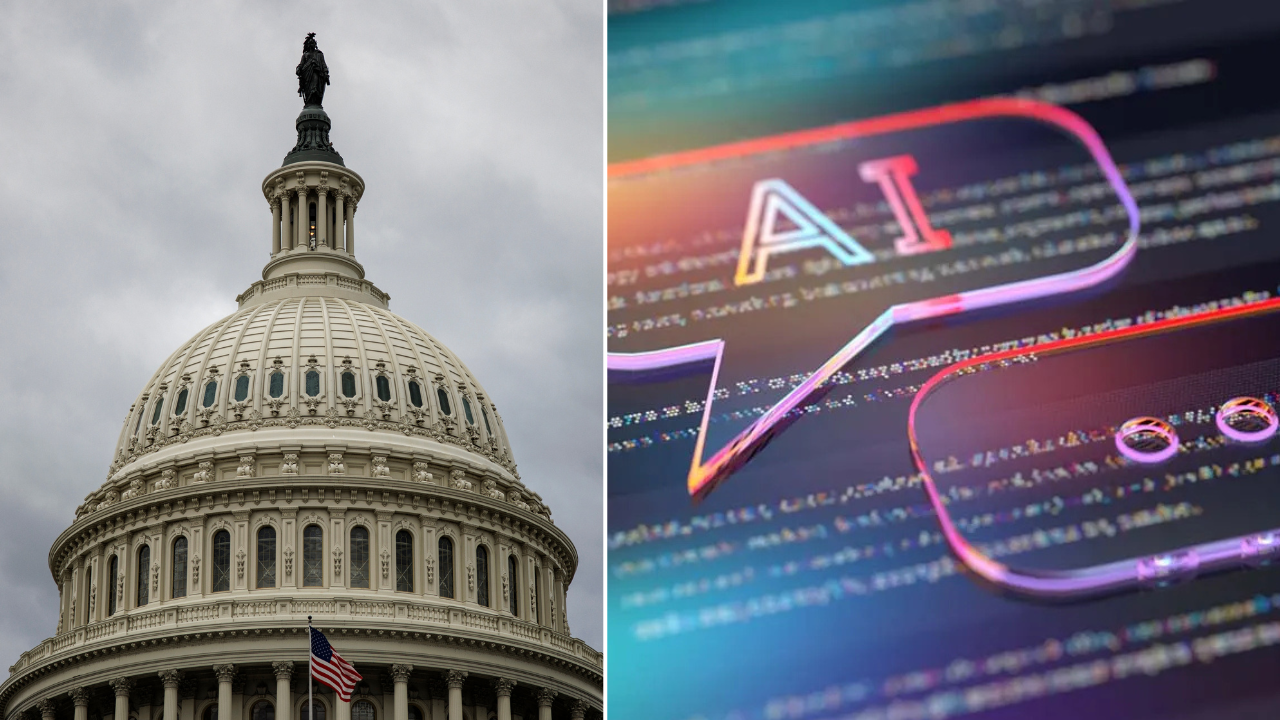Experts respond to Congress’s long-awaited AI report

The bipartisan task force on artificial intelligence (AI) in Congress recently released a comprehensive report outlining strategies to protect the U.S. against emerging AI threats while maintaining leadership in innovation. The report received positive feedback with some mixed concerns from experts in the field.
Dr. Vahid Behzadan, a computer science professor at the University of New Haven, praised the report for its balance between economic potential and safety concerns but emphasized the need for an international collaboration strategy and clearer priorities among recommendations.
The Center for AI Policy commended lawmakers for their work but called for more detail on the creation of regulatory frameworks and highlighted concerns about the lack of focus on catastrophic risks posed by AI.
Yaron Litwin, a digital parenting app expert, expressed the need for faster and stronger protections than those outlined in the report, suggesting a more business-friendly approach.
While Congress may be slow to enact legislation, some states have already made progress in regulating AI. Experts believe the federal guidelines could complement state efforts and provide businesses with clear and consistent standards.
Lawmakers in Colorado and California have passed AI legislation, setting obligations for developers of high-risk AI systems and regulating AI in healthcare, respectively. The report may encourage states to take a more aggressive approach to regulation next year.
Experts remain optimistic that the report strikes a balance between regulation and innovation. Dakota State University President José-Marie Griffiths, who has advised the Senate and White House on AI policy, believes the report is a step in the right direction and recommends a nuanced approach to regulation.
JD Harriman, a partner at Foundation Law Group, and Cassidy Reid, founder of Women in Automation, also emphasized the importance of taking an incremental approach to AI policy to avoid stifling innovation with premature regulations.
Overall, the report acknowledges the challenges of governing a rapidly evolving technology like AI and raises important questions about the readiness to regulate such unpredictable advancements. As the industry continues to evolve, a careful and flexible approach to regulation will be crucial to ensure both innovation and safety in the AI sector.




